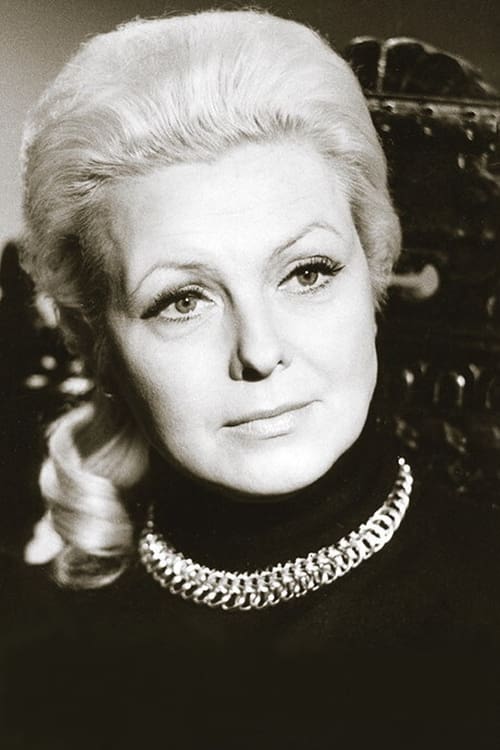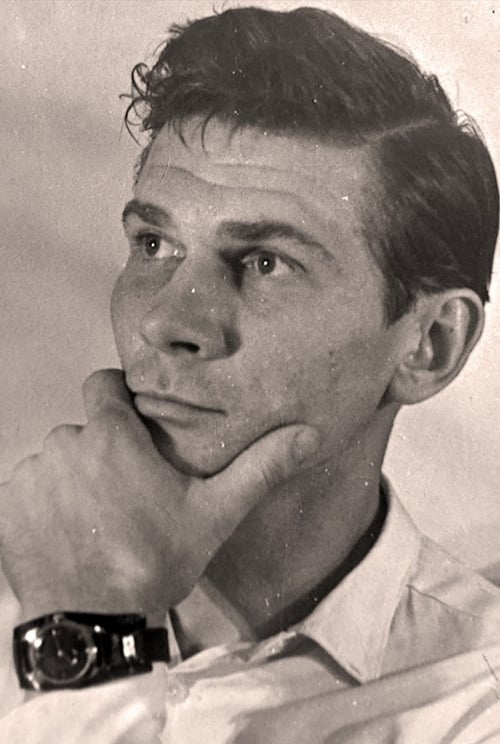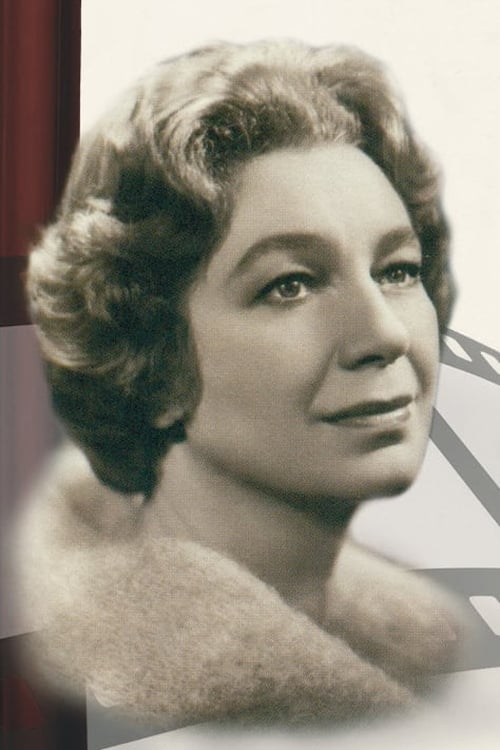The Swamp Wader (1966)
Gênero : Drama
Runtime : 1H 21M
Director : Leonīds Leimanis
Sinopse
In this film, set in Latvia in the late 19th century, Edgars, the coachman of Alaine Manor, loves Kristine, the washerwoman's daughter, although he is too hot-headed for Kristine's mother to consider him a good suitor for his daughter. The servant Viskrelis and stable boy Sutka try to tempt Edgars to a life of drinking and a relationship with the barmaid Matilde. Meanwhile, Kristine is courted by the rich land owner, Akmentins.
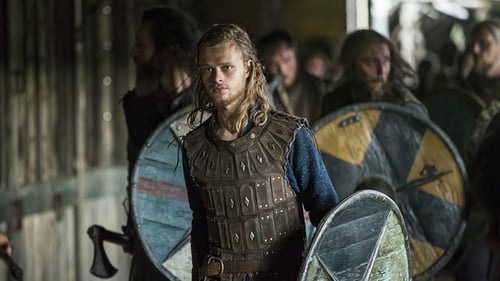
O maligno e cínico guerreiro cruzado Max von Buxhoveden está tentando destruir as crenças pagãs do povo espalhando mentiras e fomentando a dissidência. O velho rei das últimas terras pagãs livres está em seu leito de morte e sem um herdeiro para ocupar seu lugar. Max quer assumir o trono e reinar sobre a antiga tribo do rei. Inesperadamente, com sua respiração agonizante, o rei passa seu anel para seu sobrinho Namejs. Namejs, que cresceu entre os sacerdotes pagãos e estudou a sabedoria antiga, agora tem que defender seu povo. Será ele capaz de desvendar o segredo do Anel e obter seu poder?
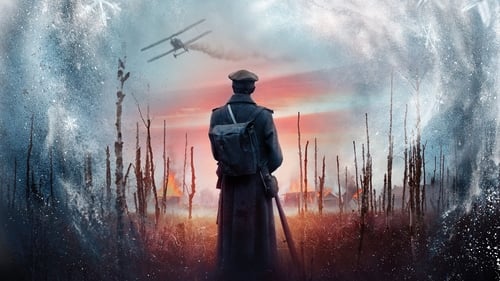
Depois de testemunhar sua mãe sendo baleada pelas tropas invasoras alemãs, Arturs, de 16 anos, junto com seu pai, decide se alistar nos batalhões de fuzileiros da Letônia do Exército Imperial Russo, na esperança de se vingar e encontrar a glória. Arturs continua a lutar na Primeira Guerra Mundial na Frente Oriental, onde perde seu pai e irmão, e rapidamente se desilude. Eventualmente, Arturs retorna ao seu recém-proclamado país para lutar na Guerra da Independência da Letônia e começar tudo do zero.

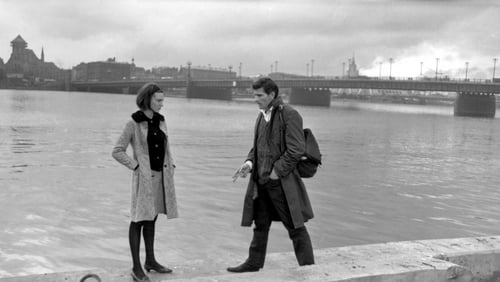
Cezars Kalnins, portrayed by "Latvian Harrison Ford” Uldis Pucitis, installs telephones by day and composes pop songs by night. The puritan Soviet censorship deems Cezars’s lyrics "unsuitable and frivolous” and "unfit for the Soviet youth”. In fact, it can be argued that this assessment matches the opinion of the Soviet cinema authorities in regard to this film as a whole, since "Four White Shirts” was immediately banned and released in cinemas only in 1986. The creative boldness and stubbornness, evident in both Cezars’s bitingly ironic verses and the film’s unconventional narrative structure and fresh, new-wave-inspired mode of expression, turned out to be equally problematic for the hero and for the film itself, as well as for its director whose representation of the actual mechanisms of Soviet censorship ended up too realistic for his own good.
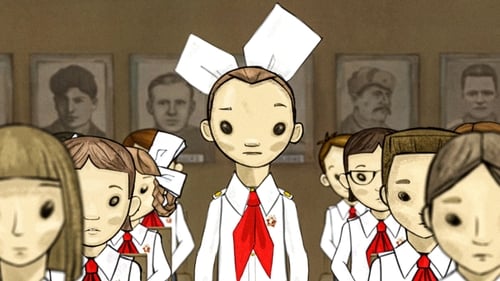
Ilze Burkovska, a little girl who is obsessed with stories of World War II and will be a filmmaker in a distant future, lives in Latvia under the totalitarian boot of the Soviets and the ominous shadow of the many menaces and horrors of the Cold War.
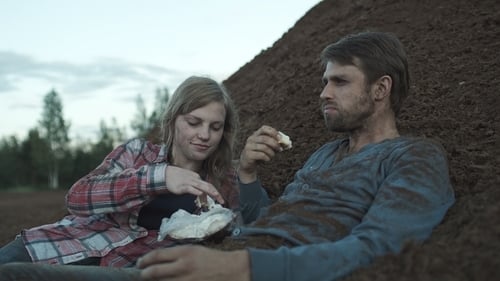
Siblings Roby and Raya after the death of their father and being abandoned by their mother, are forced to live with their dominating grandmother in a small country house owned by their family. Things change after the sudden death of their grandmother. The teenagers have to face a tough choice: either to report the accident and submit themselves to a life in an orphanage or hide the dead body and live as if nothing has happened.

One of the iconic Latvian movies. Based on Astrid Lindgren's book 'Emil of Lönneberga'. A story of a little boy, Emil, who, according to others is incredibly naughty, but actually Emil is a lot more kind hearted than all the rest. And everything he does is to help someone. But somehow it all the time turns out like a prank. His family won't agree with any pranks on themselves, so there goes Emil in his father's tool shed, where he's locked up for every prank. Includes the phrase - 'the main idea is to keep your feet warm', which has been adapted in Latvian culture, so it's already a saying.

A business executive lays off hundreds of harbor workers after they go on strike. He and his wife plan to escape the stress by taking an Italian vacation. On the evening before the trip, one of the fired workers, dressed in an orange harbor worker safety jacket, slips into their home. Although his immediate actions reveal a murderous intent, revenge is only the initial step.

Geneva, Switzerland 1935. The first European Basketball Championship is about to take place. Basketball is still an unknown sport in Europe, and the national teams are meeting for the first time. Each wants the honour of being the first champion. Meanwhile in Latvia, coach Baumanis is convinced that he can assemble a team and take it to Geneva. He quickly learns however, that triumph and defeat are also part of the game. Coach Baumanis faces many difficulties, as well as unexpected help from those closest to him.

The code to unlocking this feature documentary is 1949, the year the director was born, and also the year of the return of Soviet repressions to Latvia. The film tells a very personal story against the background of less visited historic events – the death of director’s father due to the KGB repressions, which is closely linked to the devious game Soviet Latvia’s KGB played against Swedish-British-American spy agencies.

Elegantly industrial DIY music video of the band "Jumprava". With each shot more iconic than the next, this art piece presents the lives of workers doing a bit of fuck all.
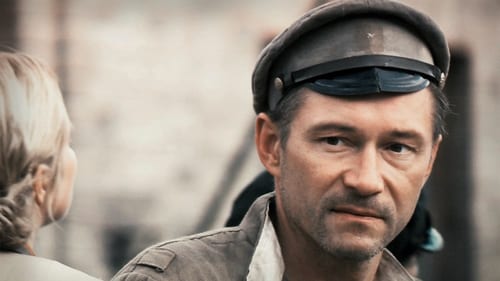
The film dramatizes November 11, 1919- a crucial date in the battle for Latvian independence. A year after the end of the official hostilities of WWI, a renegade German general and troops remain outside the Latvian capital. Latvian riflemen, most of them inexperienced volunteers, somehow managed to defeat a larger, better-armed force of German and Russian mercenaries.

A feature shot as a documentary, with minimal interference in the surrounding action. The resulting film is a truthful and innocent portrayal of the era with no imitations or conscious borrowings but with its own avant-garde experiments.

Imants Veide is writing a script about con artists and their schemes. Together with his friend Harijs Kuharjonoks he's trying them out for real for greater authenticity, but gets too entangled in real criminal schemes. More and more colorful characters appear on the horizon, but Imant's main adversary on the road to criminal excellency is his Neighbour, a true iron lady with balls bigger than all those involved combined.

The Latvian epic "Lāčplēsis" resounds through time and parallels the struggles of a Latvian soldier and his love before, during and after WWI.

This film is a story about that time in the Baltics, Latvia, and Riga. Young rebels of 1960s – nonconformists, hippies and beatniks – have turned into a generation of well-known writers, poets, musicians, directors, as well as politicians of the new independent Latvia. The ones who were 18, 20, or 25 in 1960s are half a century older today. The protagonists of the film are united by the bohemian gathering place of their youth, a small nameless cafe in the Old Town of Riga, commonly referred to as “Kaza” (The Goat). This place is surrounded by legends, myths and humorous stories.
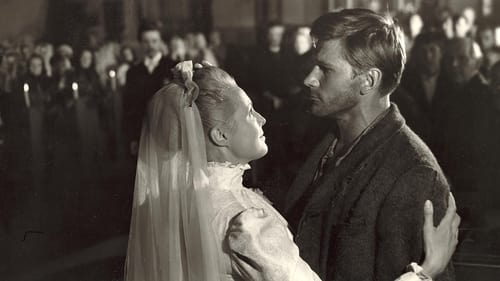
In this film, set in Latvia in the late 19th century, Edgars, the coachman of Alaine Manor, loves Kristine, the washerwoman's daughter, although he is too hot-headed for Kristine's mother to consider him a good suitor for his daughter. The servant Viskrelis and stable boy Sutka try to tempt Edgars to a life of drinking and a relationship with the barmaid Matilde. Meanwhile, Kristine is courted by the rich land owner, Akmentins.
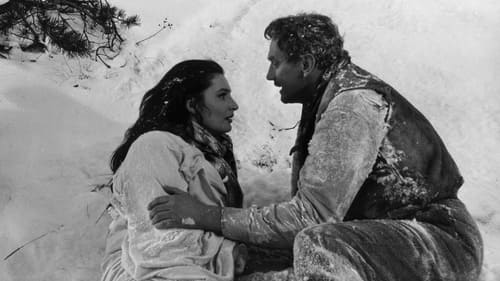
A group of men go under-ice fishing, but find themselves trapped on a piece of ice, that has broken off. As they are drifting through the sea, the tension between them rises.

During World War II three best friends are mobilized into the Waffen-SS Latvian Legion. Years later their fates continue to intertwine, as memories of war loom in back of their minds.

Documentary about the ancient rites still practiced in rural Latvia.

